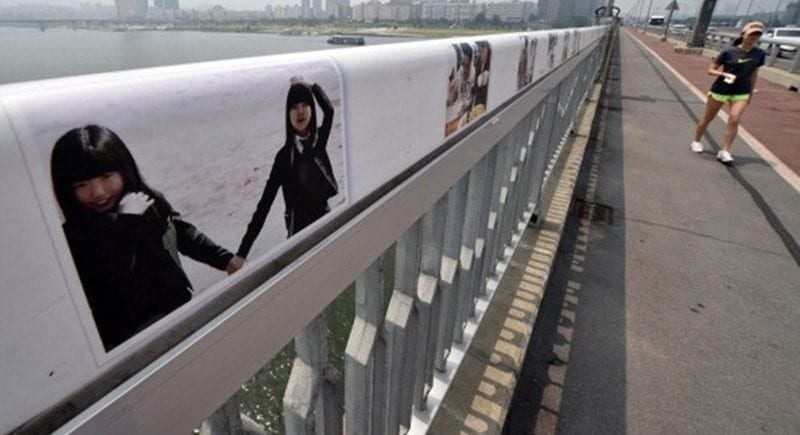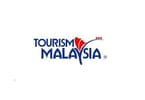Mba ndị nwere oke igbu onwe ha

In 2019, the 10 countries with the highest suicide rates (number of suicides per 100K) were:
1. Lesotho – 72.4
2. Guyana – 40.3
3. Eswatini – 29.4
4. South Korea – 28.6
5. Kiribati – 28.3
6. Federated States of Micronesia – 28.2
7. Lithuania – 26.1
8. Suriname – 25.4
9. Russia – 25.1
10. South Africa – 23.5
11. Belgium – 18.3
(worldpopulationreview.com)
igbu onwe onye njem na-aga/ agaghị aga

Destinations, in an effort to remain competitive, are continuously developing novel and sophisticated attractions as their marketing strategy resulting in new tourism products. As medical attractions are emerging in response to the growing need to travel to medical services not available locally or too expensive in the home locale, some question whether medical treatment (in general) and assisted suicide/euthanasia (specifically) qualify as “new tourism” product(s).
In the past, tourism has been associated with optimistic incentives and outcomes. Some academics and experts question whether medical tourism, suicide, and assisted suicide travel/tourism actually fit into the “hospitality, travel, and tourism” paradigm. As the population ages and people live longer with severe illnesses, each locale and industry segment should review its policy on medical tourism, suicide, and assisted suicide tourism to determine whether these products are appropriate for its culture, customs, and industry.
When someone suffers from a severe illness and contemplates death, the laws and policies impacting on end-of-life decisions take center stage. Death, in reality, frequently involves family and friends. It is a fact that death tourism (including suicide, assisted suicide, and euthanasia) exists, and will continue. At the very least, there should be recognition of whether or not death tourism falls within the parameters of the local laws and the ethical/legal parameters of the hotel/travel and tourism industry toward this market segment.
In addition, each locale and the hospitality industry should publicly acknowledge its position on the issue(s) and the permitted legal parameters as it would provide clarity and greater certainty. In addition, it would enable individuals to regulate their lives in a way that minimizes the prospect of being prosecuted or otherwise injured or harmed as they make plans for death tourism. The guidelines, developed in consultation with academics, health providers, politicians, religious groups, and suicide/assisted suicide advocates, should jointly participate in the decision-making process and be totally transparent in the position(s) taken.
End-of-life decisions are not made frivolously and all parties/markets (willing or unwilling) participating in the process should understand the motivations, as well as the risks and rewards, of the traveler/consumer, locale, and industry in this tourism product, as death tourism proliferates around the globe.
© Dr. Elinor Garely. Enwere ike ịmegharị akụkọ nwebiisinka a, gụnyere foto, na-enweghị ikike ederede sitere n'aka onye odee ya.
IHE Ị GA-Ewepụ na edemede a:
- End-of-life decisions are not made frivolously and all parties/markets (willing or unwilling) participating in the process should understand the motivations, as well as the risks and rewards, of the traveler/consumer, locale, and industry in this tourism product, as death tourism proliferates around the globe.
- At the very least, there should be recognition of whether or not death tourism falls within the parameters of the local laws and the ethical/legal parameters of the hotel/travel and tourism industry toward this market segment.
- As medical attractions are emerging in response to the growing need to travel to medical services not available locally or too expensive in the home locale, some question whether medical treatment (in general) and assisted suicide/euthanasia (specifically) qualify as “new tourism” product(s).






















